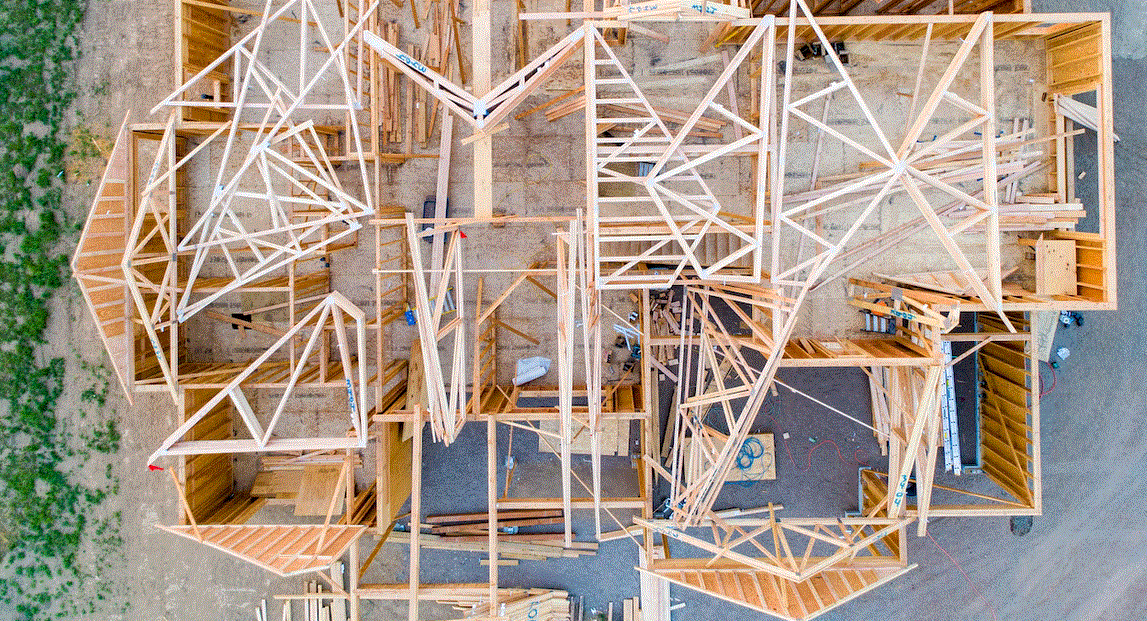PHILADELPHIA - Getting a zero-down mortgage can be an excellent way to purchase a home without a ton of money upfront. However, the interest rate may be slightly higher than a traditional mortgage. There are also real estate fees involved. You should save some extra money for these costs before you begin shopping for a home.
The down payment is one of the biggest roadblocks for first-time home buyers. Many think saving thousands of dollars for a down payment is too daunting. Many banks require a down payment of at least 20%. However, government programs also provide down payment assistance to low-income residents. It is possible to buy a home with a zero down payment, but it is up to you to find the best program.
The government offers several loans that allow you to buy a home with no money down. Some of these programs are offered through the United States Department of Agriculture (USDA). The programs are designed to help low-income residents find a home. Some of the government's incentives include home buyer incentives for those who have never owned a home in the past three years and those who have owned a home with a permanent foundation.
Another type of government-sponsored loan is the Federal Housing Administration's (FHA) Home Possible(r) program. This program allows you to buy a home with a down payment of only 3.5%. However, the maximum amount that you can borrow is limited to a certain amount, depending on your county and home price. You may be required to pay upfront mortgage insurance premiums. This is a great option for people with bad credit who may have trouble securing a traditional loan.
Another option for a zero down payment is the USDA Rural Development home loan program. This program has been designed to encourage people to buy homes in specific areas. For people who haven't owned a home in the past three years, the USDA offers incentives such as mortgage refinancing and the opportunity to purchase a home at zero down.
The government has also created a HomeReady(r) program to help first-time homebuyers qualify for a loan. HomeReady(r) requires a credit score of at least 620. A part-time job or borrowing from family may be another way to pay for a down payment. This is an excellent option for people who cannot save for a down payment.
You can also find down payment assistance programs through real estate agents. Most states have down payment assistance programs that help moderate-income residents qualify for a home loan. However, you should check with a financial advisor to find the best programs. You will also need to consider the closing costs of purchasing a home. These costs can add up to about 3% to 6% of the home's total cost.
The key to buying a home with a zero down payment is saving as much money as possible. This will make it easier to qualify for a loan. You should also keep a separate emergency fund to pay for unexpected expenses.
